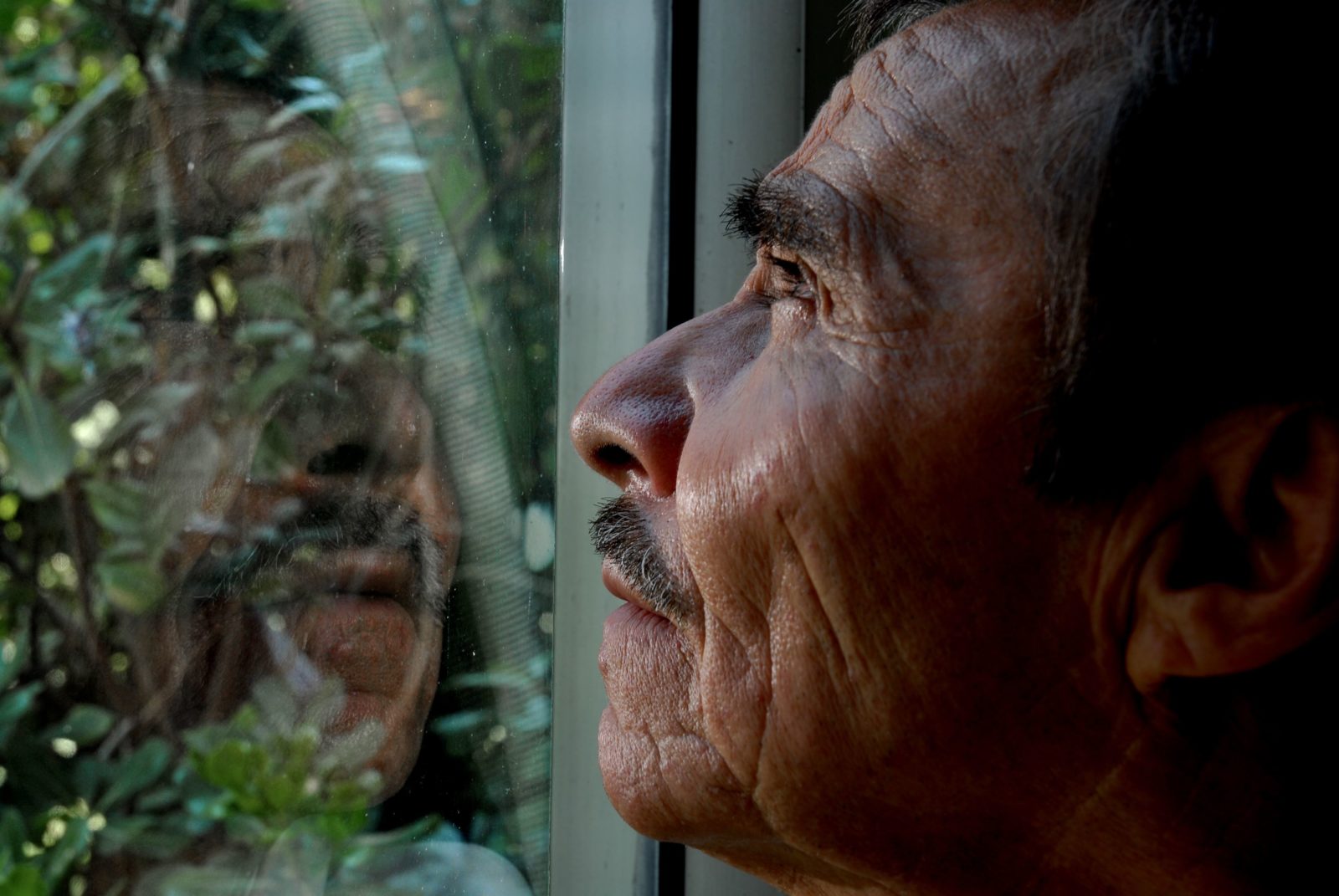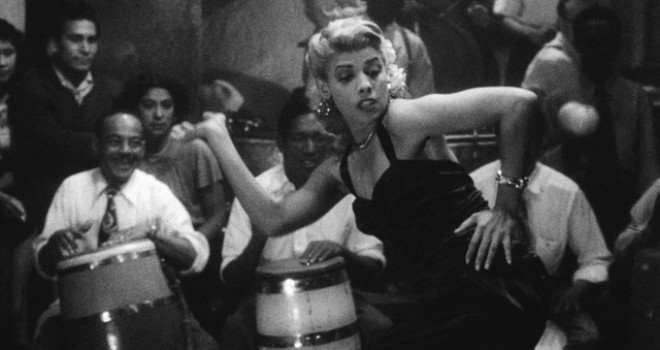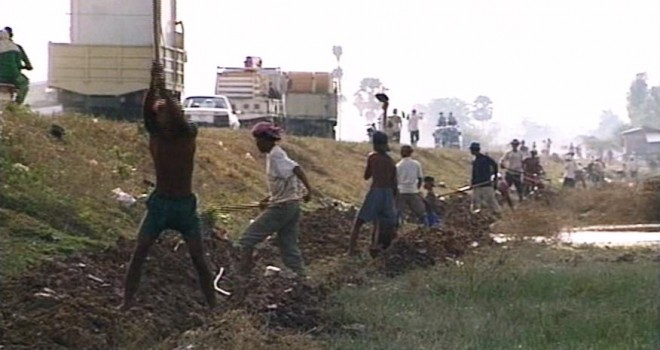Beto is the custodian of a house in Mexico City, left empty for several years, in which he used to work as a domestic help. The solitude of the last ten years, as well as the monotony and routine of his job has made him lead a secluded life, which might seem suffocating for most people, but for him provides a safe and stable environment, in contrast to the threatening world outside. He has deve- loped a pathological fear for the exterior, to the point of limiting his contacts to only two people: the owner of the house, for whom he has a feeling of deep gratitude and respect that is translated into obedience; and Lupe, a friend, a confident and a lover. Once he learns that the house will soon be sold, Beto is confronted to the dilemma of gathering the courage to get out and get a life or find a way of remaining in his confinement.
Though Parque Via holds the essence of the recent Mexican cinema trends (Ja- pon, Batalla en el cielo dans le ciel, Silent Light) by Carlos Reygadas and that of (Sangre, Los Bastardos) by Amat Escalante, where radicalism eventually fosters aesthetic excess, Henrique Rivero’s film highlights such a strong rea- listic approach that at times it borders fantasy. Based on its main actor’s real life, Norberto Coria, the film builds around the presence of its actor/character a very complex underground intrigue. Here, the change in scale of time gradually questions some less visible issues, such as those of the actor towards his Beto character, those of Henrique Rivero towards Coria, and within the narrative itself those of Beto towards the old landlady or towards Lupe, the friend and lover, or even more towards the world, which surrounds him. Because undoub- tedly one of the strongest inspirations of Parque Via is that it embraces the very form of relationships (master-slave, male-female) inviting us to discover step by step up to what point the whole situation is overwhelming.
Jérôme Baron





